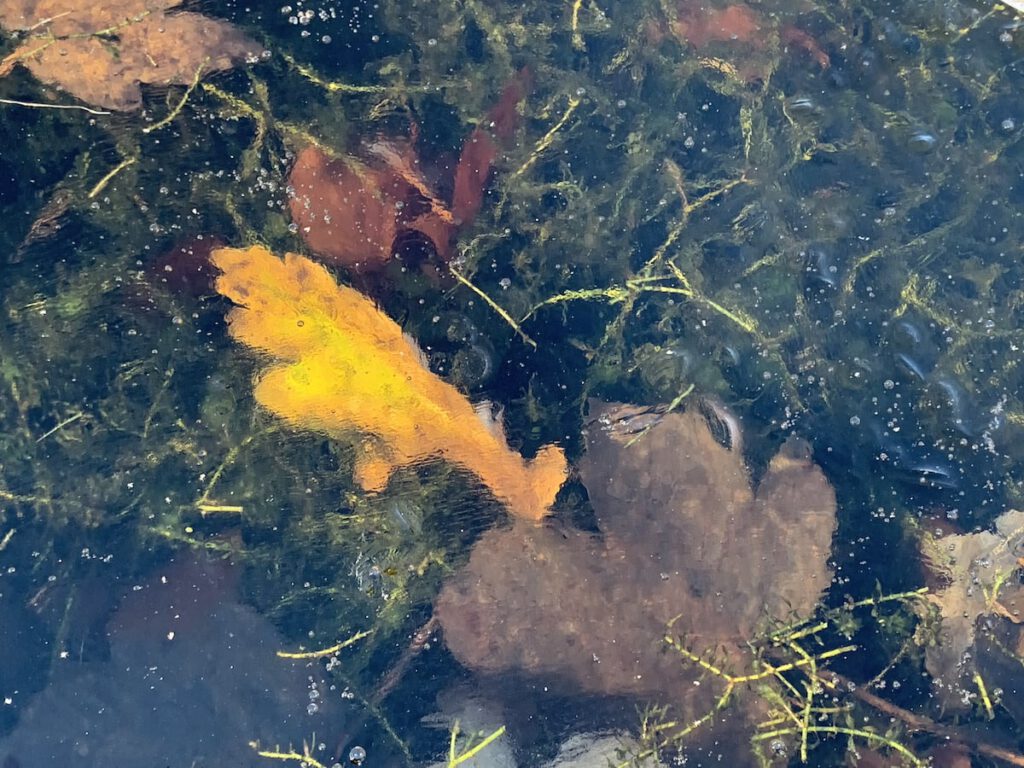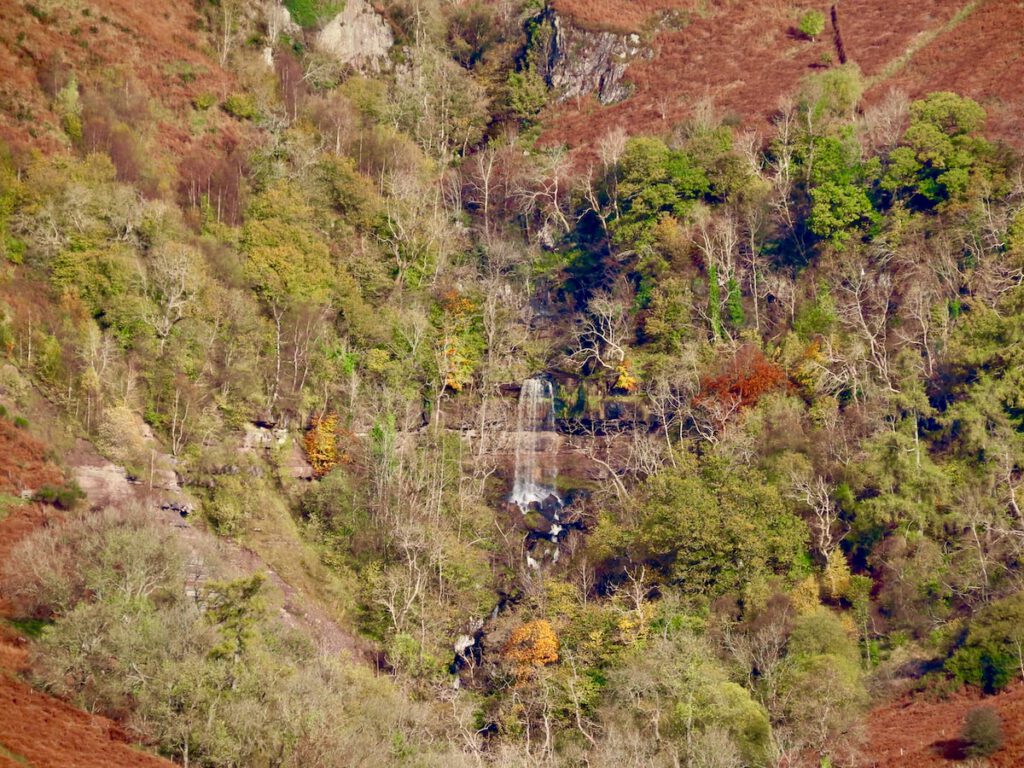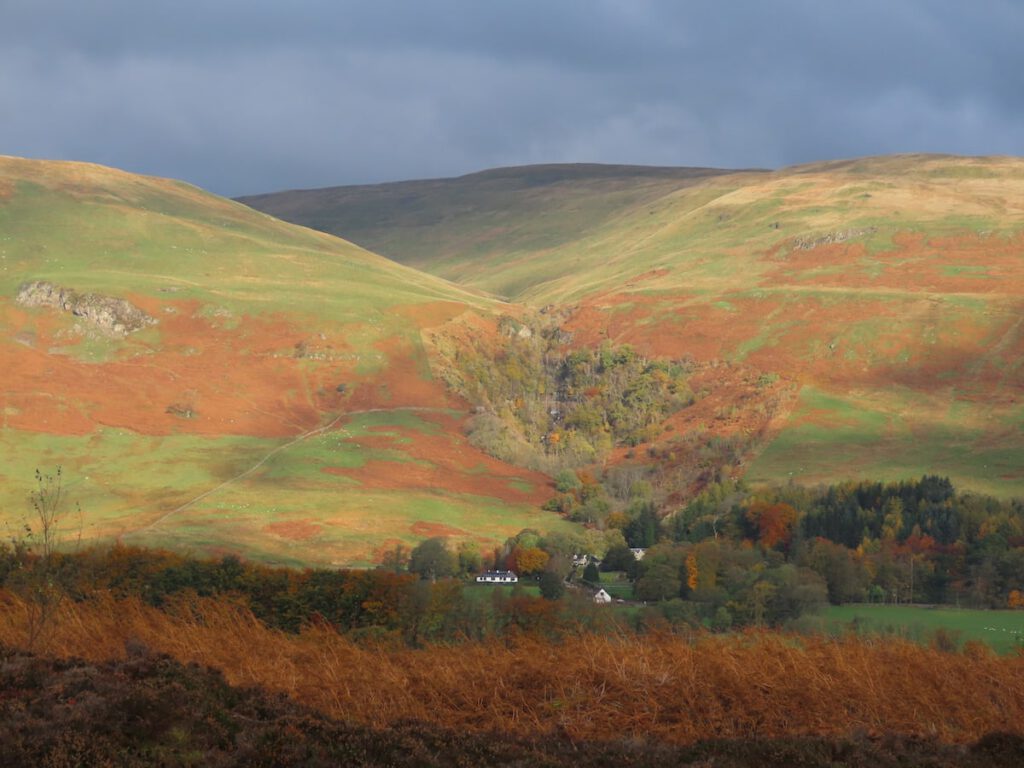Listened to The poster’s guide to the new internet – The Vergecast | Podcast on Spotify
In episode three of our connectivity mini series, The Verge’s David Pierce explores the idea of and , two syndication models for posting on the internet that don’t rely on a single platform.
Along with the companion article POSSE: a better way to post on social networks – The Verge this was a mostly straightforward account of POSSE.
The highlight for me was listening to Manton explaining his philosophy in a very clear way. Manton always makes perfect sense to me.
One of the original premises was just, could we rebuild a Twitter-like user experience, but based on blogs?
The timeline in micro.blog is just post from lots of feeds, lots of RSS feeds, whether they’re hosted on micro.blog, or they’re hosted somewhere else.
How do we merge those together so you don’t just have a few tabs open with your favourite websites and you’re typing in the domain name, it’s more of a newsfeed timeline experience, and that’s what people want.
But if the foundation of that, if the protocols can be open, it allows us to build so many interesting apps, so many different types of experiences.
It’ll just be way better.
What is particularly delightful to me is the way Manton starts with RSS feeds. micro.blog is almost the opposite of most other networks as it doesn’t try to lock you in an any way. I’ve been using the service since the beginning, completely free of charge as I have my own blog here.
Manton is also clear on the difficulty of getting more people away from the silos and on to their own domain and using more open services.
The comments by Matt Mullenweg, any positive move towards IndieWeb ideas from WordPress will have a huge effect.
I was quite frustrated in looking for an RSS feed for the The Vergecast. Ironic given the subject of this episode. I finlly found it on their pod.link page. I do wish RSS feed links were not becoming harder to find.




